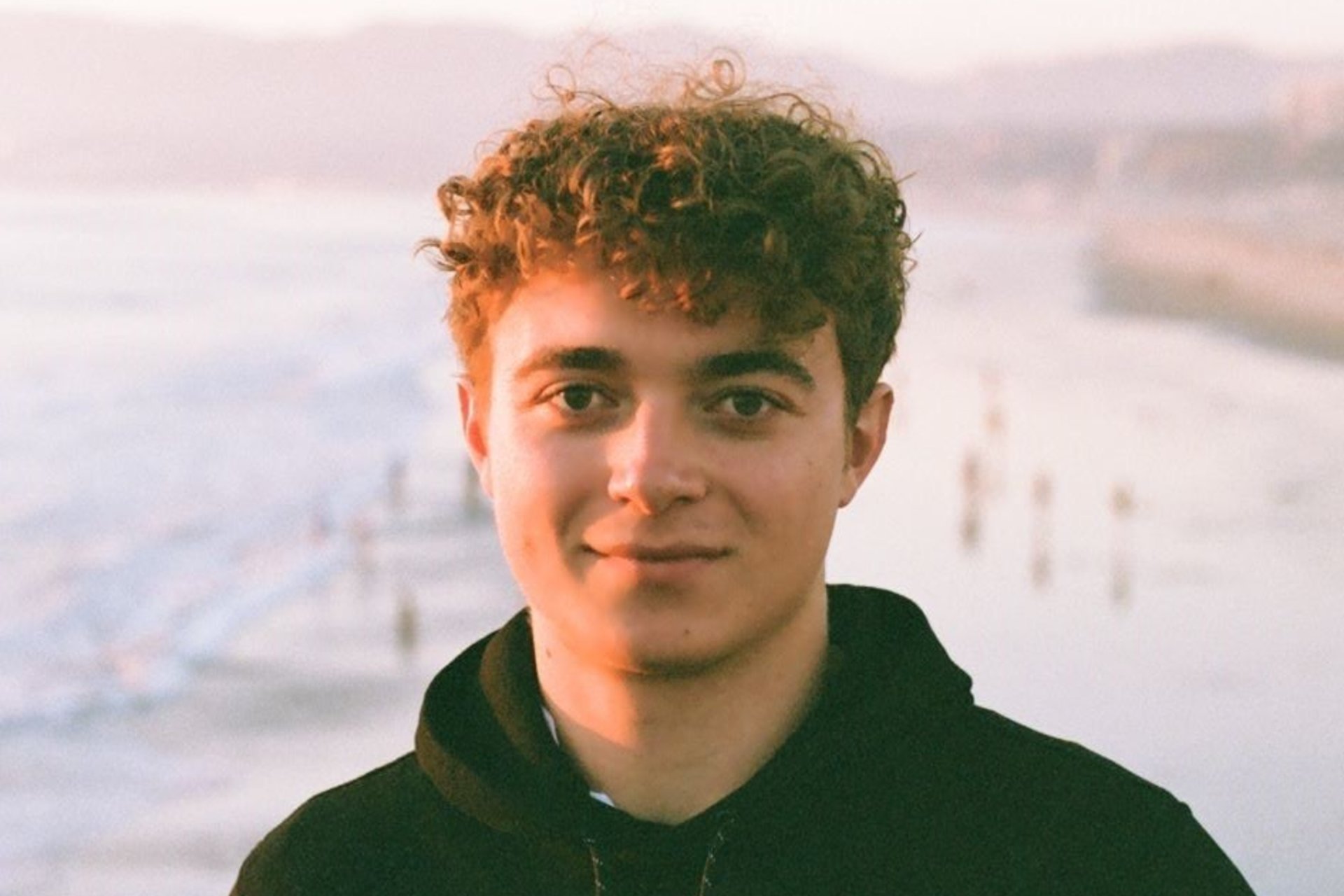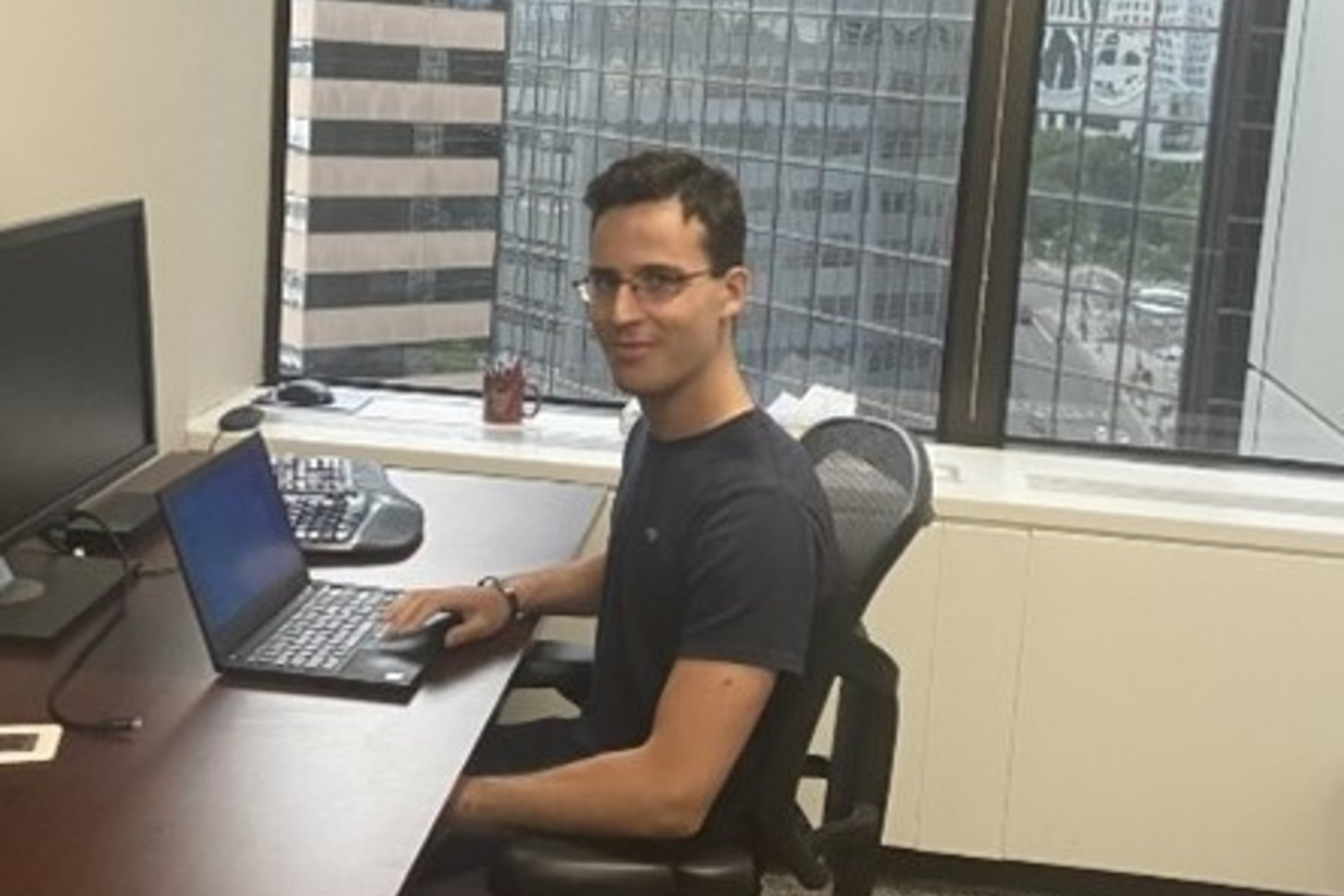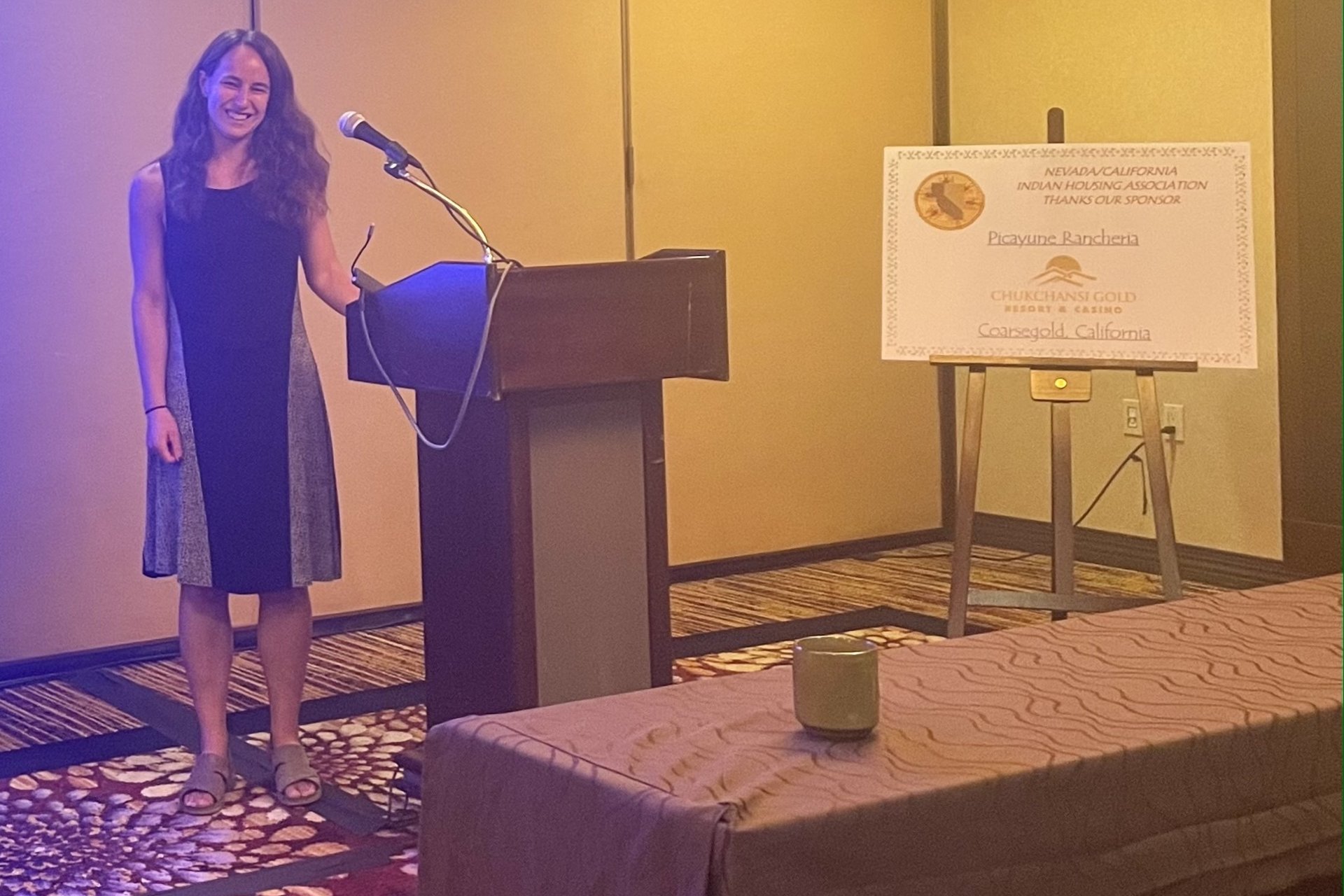Andrew Franco, Class of 2022
I have been working with Professor Wendy Gu’s group for the last 6 of the 10 weeks of the SUPER program, and it has been an exciting experience to work in the labs. I have done research before in another research program last summer; however, this was during the time when COVID-19 prevented students and faculty from working in the labs in-person. Although I greatly appreciate the things I learned from that experience and for my mentors for creating a virtual research project to work on, I was still curious on what it was like to work in the labs and to experience the positive lab culture I have heard from fellow students. Now with an opportunity to work in the labs in-person with SUPER, my experience has been very positive, although there have been a few complications and challenges along the way.
My research deals with the fracture mechanics of solid-state Lithium-ion batteries (LIBs), specifically LLZO. LIBs are common products found in many of the electronics we use. However, conventional LIBs contain flammable liquid electrolytes and can be unsafe. Research to replace the liquid-state electrolytes with solid-state counterparts provides the opportunity to create nonfllammable and safer LIBs with some added benefits such as better energy density and longer lifespan. One such garnet-type solid-state electrolyte that shows promise is Li7La3Zr2O12 (LLZO) due to its exceptional electrochemical properties. However, due to its ceramic nature LLZO has a tendency to experience fracturing, and when set up in a Lithium/LLZO interface, Lithium metal would propagate through those cracks, causing short-circuiting. My project revolves around researching using a thin Platinum coating to prevent these Lithium intrusions from happening and to increase the fracture toughness of LLZO for reducing cracking. The mechanical properties will be measured using a nanoindenter, a machine that creates indents on a microscale and collects data to measure these properties.
As mentioned before, this project has brought along complications. The most notable was the Week 1 power outage that brought a halt to all operations on-campus. Another was a furnace malfunction occuring in the glovebox I worked in, which resulted in a lot of smoke in the lab and prevented me from working in the glovebox for a week. A more recent one is the nanoindenter sometimes not working properly and records data unreliably. I have been experiencing many setbacks in my research experience, but I have learned that this is not an uncommon thing. Complications do arise as a researcher, and what matters is to be patient and learn to adapt to the situation. I would say that this research experience has taught me many aspects of what it is like to be a researchers and I am excited to learn more and finalize my work in the coming works.



